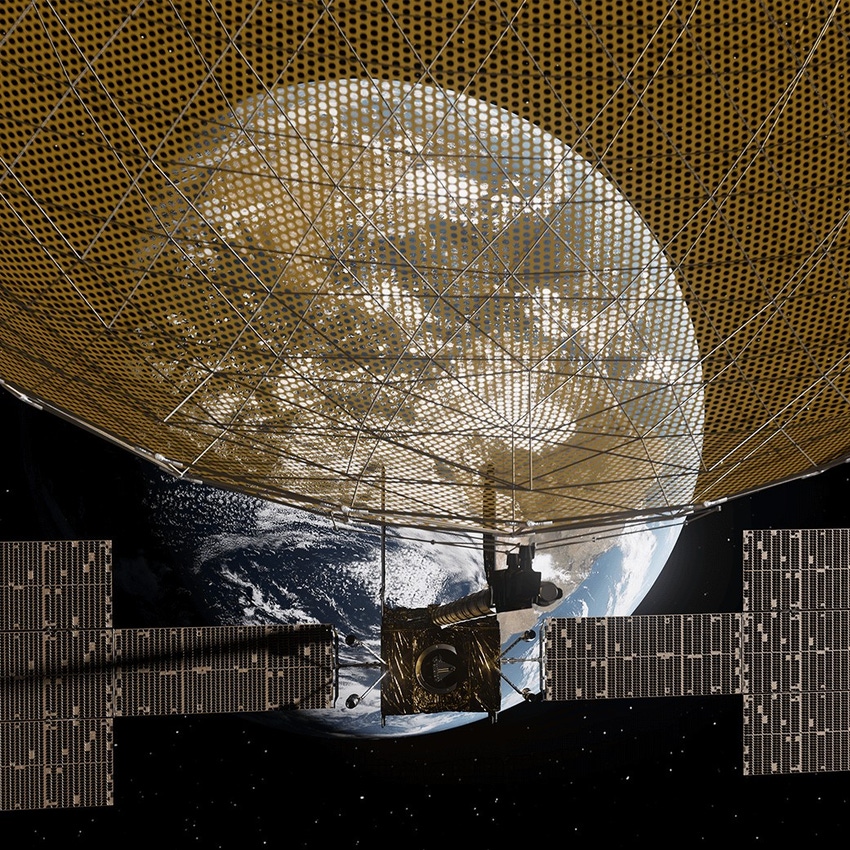
Also in today's EMEA regional roundup: Saudi-Europe subsea deal agreed; Tesla rear-ended by data issues; OpenAI boss loves Europe after all.
The European Commission has given US-based Viasat its blessing to acquire Inmarsat, concluding that the proposed merger does not raise competition concerns in the nascent market for the supply of in-flight broadband connectivity. Following its examination of the deal, the Commission found reason to believe that a number of "sizable competitors would likely exert sufficient competitive pressure on the merged entity." The news will come as a relief to both companies as initially the Commission had sounded dubious about the deal, pointing out that the pair are close competitors and that there were few alternative suppliers in the market. As well as providing satellite capacity to third-party satellite service providers, both companies provide satellite services to customers across a range of other industry sectors, including in the maritime, energy, government, and business aviation sectors. (See Eurobites: Brussels bristles at Viasat/Inmarsat deal.) Figure 1:
 (Source: Viasat)
(Source: Viasat)Center3, owned by the Saudi Telecom Company (STC), has agreed a deal with Alcatel Submarine Networks to connect Saudi Arabia with Europe by building the EMC West subsea and terrestrial data cables. Once built, EMC West will link Haql (in Saudi Arabia) with Genoa (Italy) and Marseille (France). The system is expected to be operational by the first quarter of 2026. The second phase of the EMC System, EMC Global, which will connect Saudi Arabia with Asia, is in the process of being finalized and details will be announced soon.
Just days after Meta was socked by the EU with a $1.3 billion fine for data privacy infringements, it now appears Elon Musk's Tesla car company is in hot water for similar misdemeanors. Citing German newspaper Handelsblatt, Reuters reports that the German authorities suspect Tesla of potential data protection violations, with 100 gigabytes of confidential data relating to customers, employees and business partners being leaked to the newspaper.
The boss of OpenAI, the company behind the apparently all-conquering ChatGPT "generative AI" flapdoodle, has taken to Twitter to reassure Europe that he has no plans to withdraw from the continent after all. Earlier this week Sam Altman said that he and his company may consider pulling out of the EU if OpenAI was unable to meet the bloc's data privacy regulations, which Altman clearly considers overly onerous.
very productive week of conversations in europe about how to best regulate AI! we are excited to continue to operate here and of course have no plans to leave.
— Sam Altman (@sama) May 26, 2023Employees of Sweden-based operator Telia have been forbidden from using TikTok on their work devices, according to Finnish website YLE. They are just the latest in a long line of wage slaves who have been told not to sully their work phones with the Chinese-owned social media platform because of data security concerns.
On a more positive note, Telia says that nine in ten Norwegians now have access to its 5G network. Across all of Telia's markets, its population coverage now exceeds 75%.
EE, the mobile arm of UK incumbent operator BT, is to conduct a 3G switch-off trial in the north-western English town of Warrington in July. The company hopes to "retire" 3G nationwide in early 2024. Customers using older 3G handsets will still be able to make calls and send texts over 2G as normal but will need to use Wi-Fi or move to a 4G or 5G device to access the Internet on their mobile phone. According to EE, 95% of EE customers in Warrington no longer use 3G data.
— Paul Rainford, Assistant Editor, Europe, Light Reading
Read more about:
EuropeAbout the Author(s)
You May Also Like












